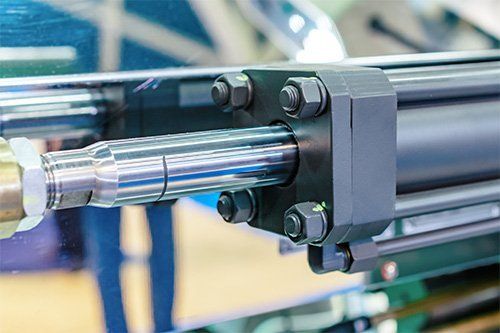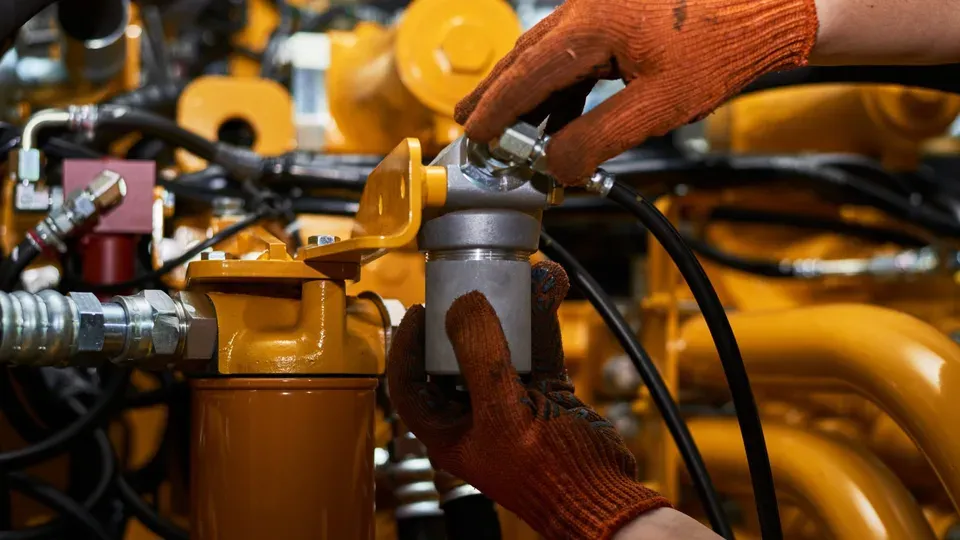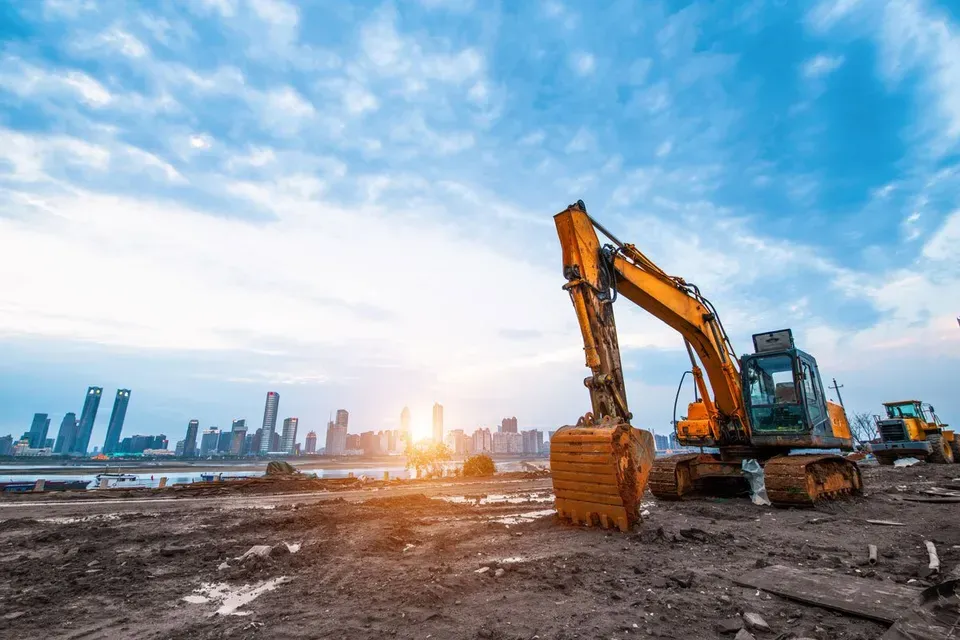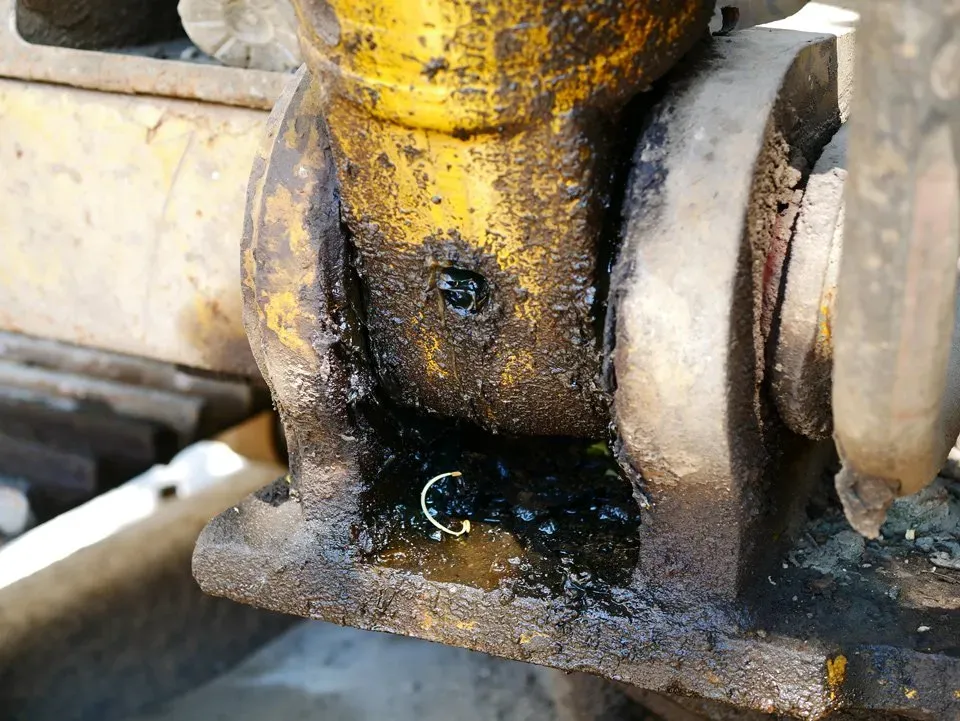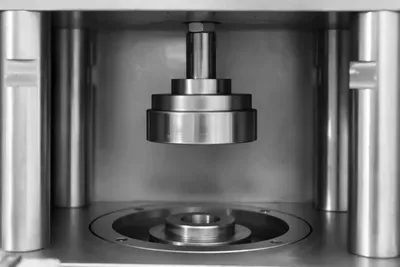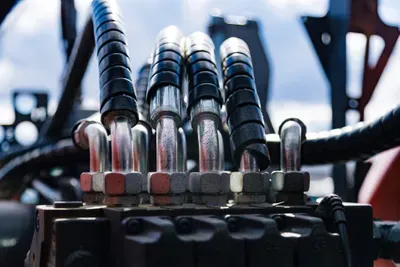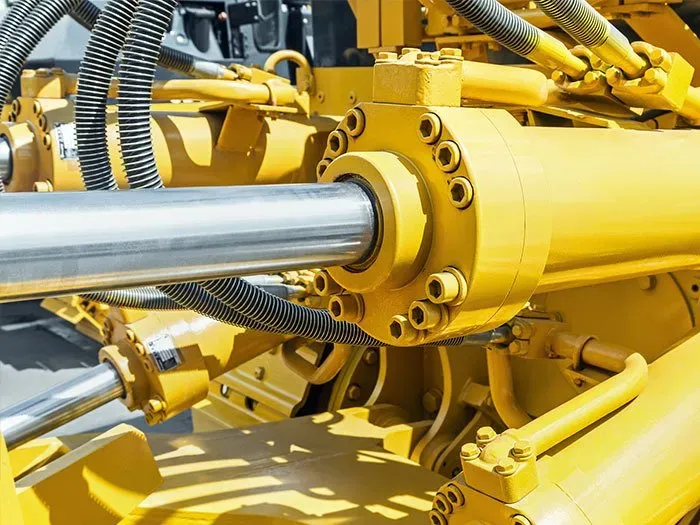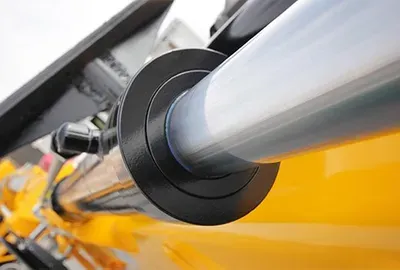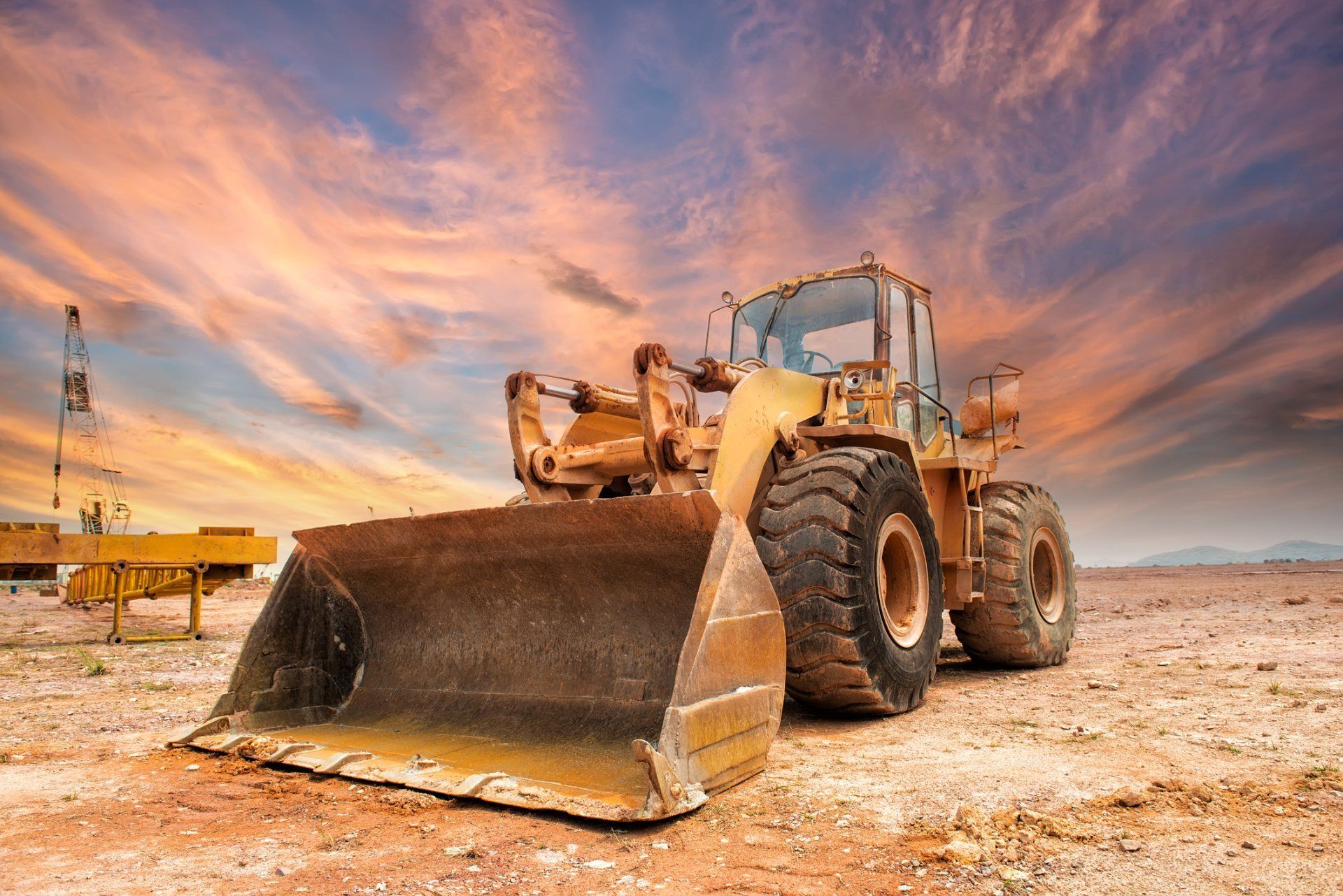FINDING AND DEALING WITH LEAKS IN SMALLER HYDRAULIC SYSTEMS
Even with the best of care, a hydraulic system can still form a leak. You might not notice a small leak at first, but a small leak will grow over time. Here is a look at how you can find leaks in a smaller hydraulic system and how to deal with them.
How to Tell Your Hydraulic System Has a Leak
Various factors can cause or contribute to a leak in any hydraulic system. The majority of leaks occur because of one of the following conditions:
- Shock and vibration causing connectors and fittings to loosen
- Wear and tear on seals in the hydraulic cylinders
- High-temperature damage due to using incompatible fluid
Other system issues can lead to leaks as well. Finding the leak can often clue you in on any other issues your hydraulic system can have. No matter the cause of the leak, you need to find it and fix it as soon as possible.
Your hydraulic system can let you know of a possible leak in several ways. If you pay attention to the signs, you can often figure out you have a leak before the leak causes large problems. Here are a few ways you can tell your hydraulic system has a leak somewhere.
Visual Inspection
Sometimes you don't have to go too far out of your way to find a leak. Give your hydraulic system a visual inspection. If you see signs of leaking, such as puddles or wet spots, deal with the problem right away.
Drops in Fluid Levels
Check your fluid levels often. If you notice the fluid levels dropping, you can safely assume you have a leak. Fast drops in the levels mean you have a clear problem somewhere within your hydraulic system.
A slow and gradual decrease in fluid levels may not seem apparent to begin with. Nevertheless, if you check the levels frequently, you will notice the missing fluid.
Drops in Pressure
With hydraulic fluid leaking out of the system, the system cannot always maintain the right operating pressure. You may also experience a general slowdown in operation.
In addition to other signs, your hydraulic system may start making noises or your fluid may reach excessive temperatures. Generally, if your hydraulic system isn't performing as it should, heavy leaks could be the culprit.
How to Deal With Hydraulic System Leaks
Once you know you have a leak, you'll need to pinpoint the location of the leak and any other leaks you might have. Since most leaks occur at joints, seals, and connectors, you can check those areas immediately. When checking for leaks:
- Depressurize the system.
- Put on thick leather gloves.
- Don't use your hand to check for the leak or you could burn yourself.
- Use cardboard or a piece of wood to check for the leak.
If you find a leak at a fitting, tighten the fitting. You may want to replace any faulty connections altogether with high-grade compatible ones, including seals. Also, search along the hoses to look for signs of damage or leakage. Replace any damaged hoses immediately.
To find leaks for a larger hydraulic system, use a professional service. Various tools and methods exist for detecting leaks in larger systems, including dyes that can help pinpoint hard to find leaks.
You can find tools to test pressure, flow, and temperature yourself, which can help you detect leaks. However, you need a proper understanding of hydraulic mechanics to use these types of tools.
At Carolina Hose & Hydraulics, Inc., we are hydraulic repair specialists. If you are experiencing leaks or need quality hydraulic parts,
contact us today for assistance.

